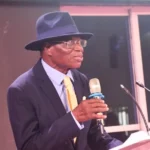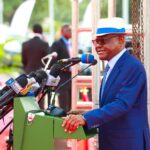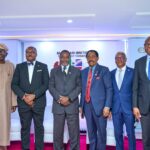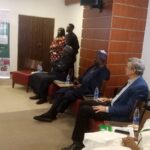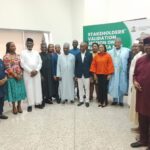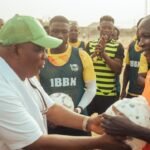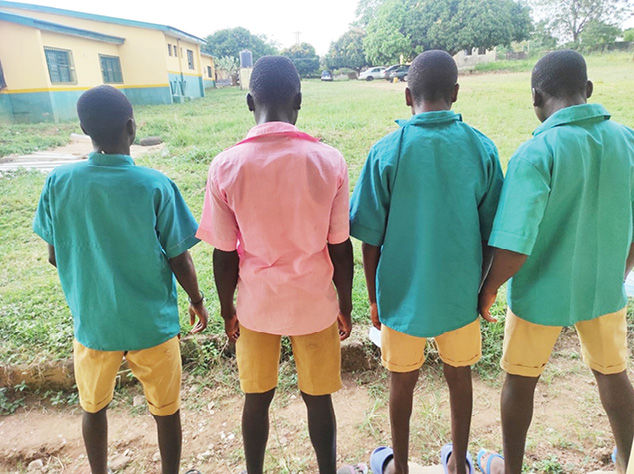How entrepreneurs are fighting unemployment among women through social media
How entrepreneurs are fighting unemployment among women through social media By Aisha Gambo, News Agency of Nigeria (NAN) Employment is essential to every adult who have needs and responsibility to cater for. It is what makes one self-reliant and help reduce or completely eradicate poverty in the society. Skill acquisitionContinue Reading





